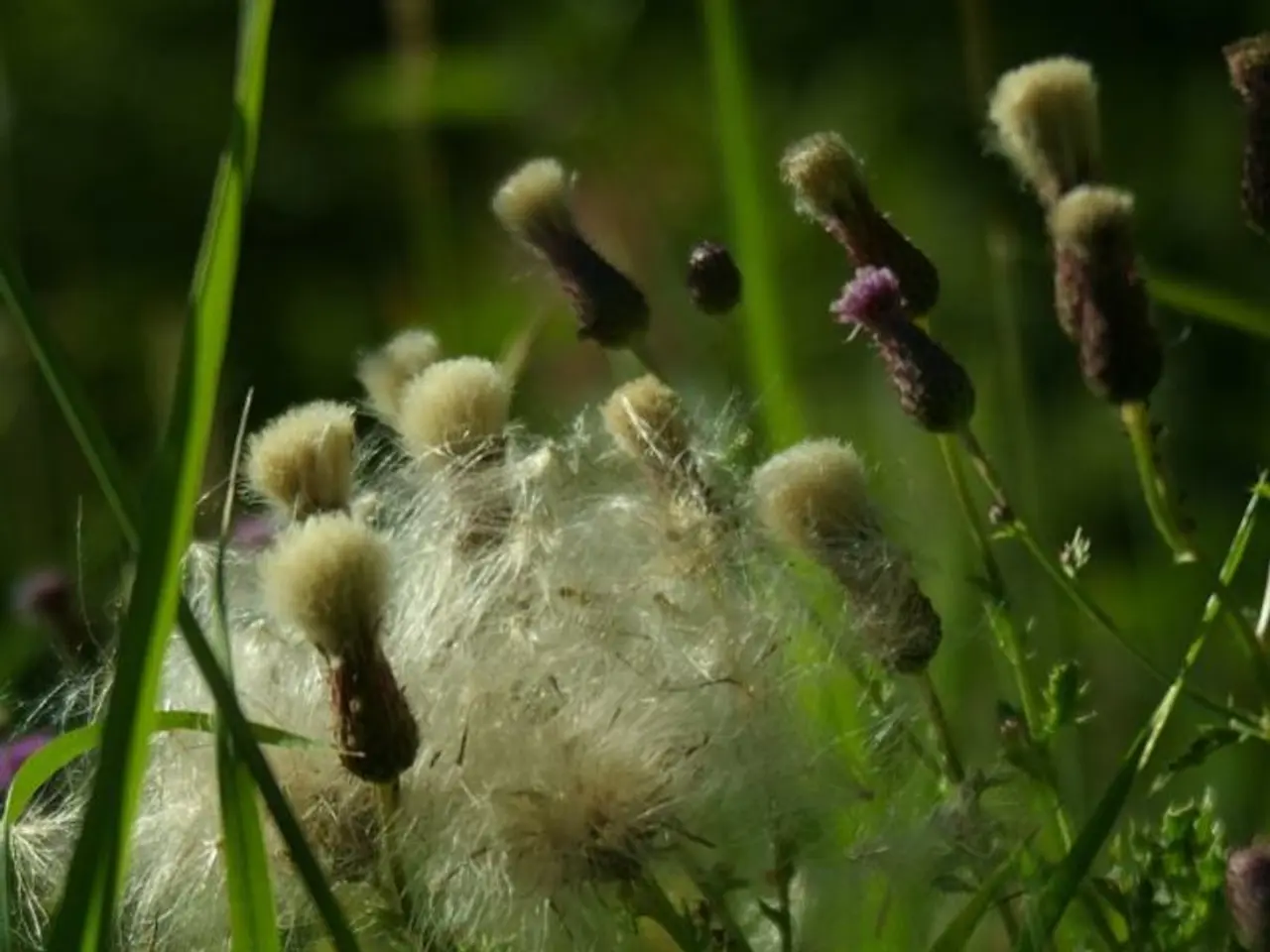Common Misconceptions About Gardening That Gardening Professionals Hope You'll Abandon
In the world of gardening, there are numerous myths that have been passed down for generations. However, these misconceptions can lead to poor gardening outcomes, such as unhealthy plants, poor soil conditions, and wasted effort. In this article, we'll be debunking some of the most common gardening myths, as presented by Bonnie Ferrero, a gardening enthusiast with a holistic approach to life.
Myth 1: Adding sugar to the soil makes tomatoes sweeter
Contrary to popular belief, tomato sweetness is determined by the plant’s genetics and photosynthesis, not soil sugar. Adding sugar to soil won’t increase sweetness and will likely wash away with watering.
Myth 2: Adding sand to clay soil improves drainage
Mixing sand with clay often creates a brick-like texture, worsening soil structure. Experts recommend adding organic matter (like compost or manure) to improve drainage and aeration instead.
Myth 3: Watering plants during the day scorches leaves
Watering during the day does not typically harm plants if done properly; this is a myth debunked by gardening experts.
Myth 4: Raised beds always reduce weeds
Raised beds do not inherently reduce weed problems; proper garden maintenance and soil quality are more important factors.
Myth 5: Having different soil mixes in raised beds for different vegetables is necessary
In fact, most vegetables grow well in the same quality soil mix, and using multiple soil types can overcomplicate gardening for beginners.
Myth 6: Gravel in pots improves drainage
This common advice is a myth; a layer of gravel or stones beneath potting soil actually does not improve drainage and can sometimes impede it.
Myth 7: Container gardening is only for people without yards
Gardeners with in-ground gardens often use containers to extend growing space or for particular plants.
Sunlight Requirements
The amount of sunlight a plant needs depends on its type and location. Plants requiring full sun need at least six hours of direct sunlight each day, while those needing partial sun require three to six hours. It's essential to check the plant's tag for its specific sunlight requirements.
Watering Plants
Deep, infrequent watering is suggested to produce stronger roots in plants. However, too much water can cause a plant to drown and not thrive. Always consider the plant type, pot size, and weather conditions when watering.
Fertilization
Fertilizer provides nutrients that encourage plant growth, but too much can cause harm. The amount of fertilizer needed and how often it should be applied depends on the plant type and soil quality. For guidance on proper fertilization, the Missouri Botanical Gardens and the Dyck Arboretum of the Plains websites offer helpful resources.
Expert Opinions
Tammy Sons, founder and CEO of TN Nursery in Altamont, Tennessee, emphasizes practices like selecting appropriate plant varieties, using organic matter to improve soil, watering wisely, and simplifying soil management for healthy plants.
By debunking these common gardening myths, we can focus on practices that truly promote healthy plant growth and overall gardening success. Happy gardening!
[1] Ferrero, B. (2021). Debunking Common Gardening Myths: A Guide for Healthy Plants. [Online]. Available: https://www.example.com/gardening-myths [2] Missouri Botanical Garden. (2021). Raised Beds. [Online]. Available: https://www.missouribotanicalgarden.org/gardeninghelp/how-to-articles/raised-beds.aspx [3] Dyck Arboretum of the Plains. (2021). Sun Requirements. [Online]. Available: https://www.dyckarboretum.org/resources/sun-requirements [4] Sons, T. (2021). Personal Communication.
Read also:
- Summer Fruit Stars of 2025: Blueberries, Tomatoes, and Cherries Lead the Charge
- A renowned culinary artist opted to dine at this establishment:
- Expanding Plant-Based Protein Market Projected to Reach US$30.8 Billion by 2034, Exhibiting a Compound Annual Growth Rate (CAGR) of 7.1%
- Revisiting the Future: An Application Evoking the NSU Complex in Chemnitz




